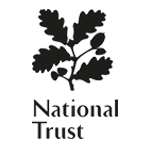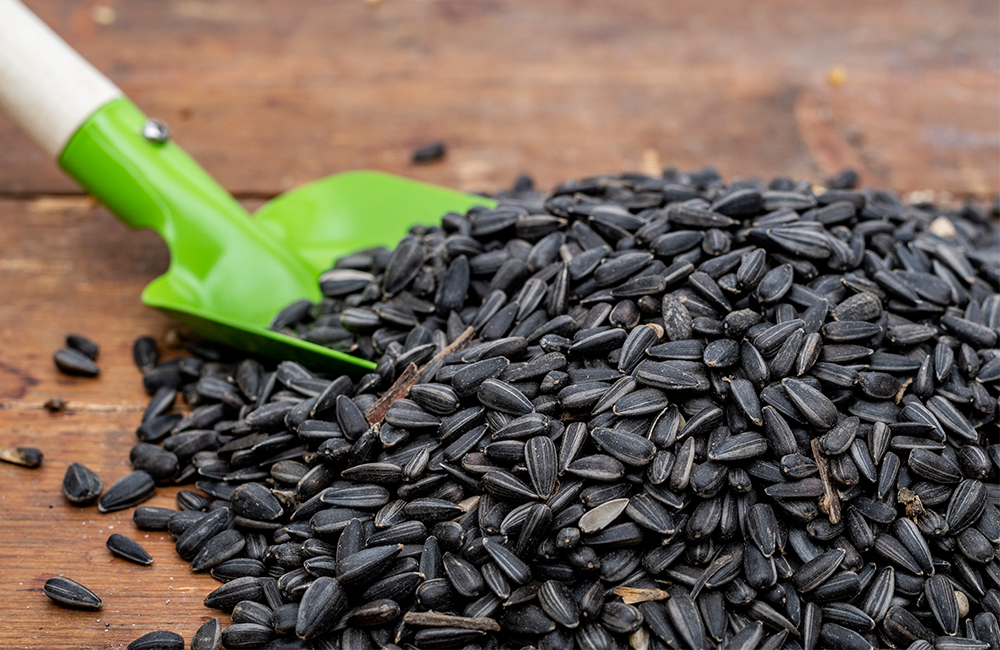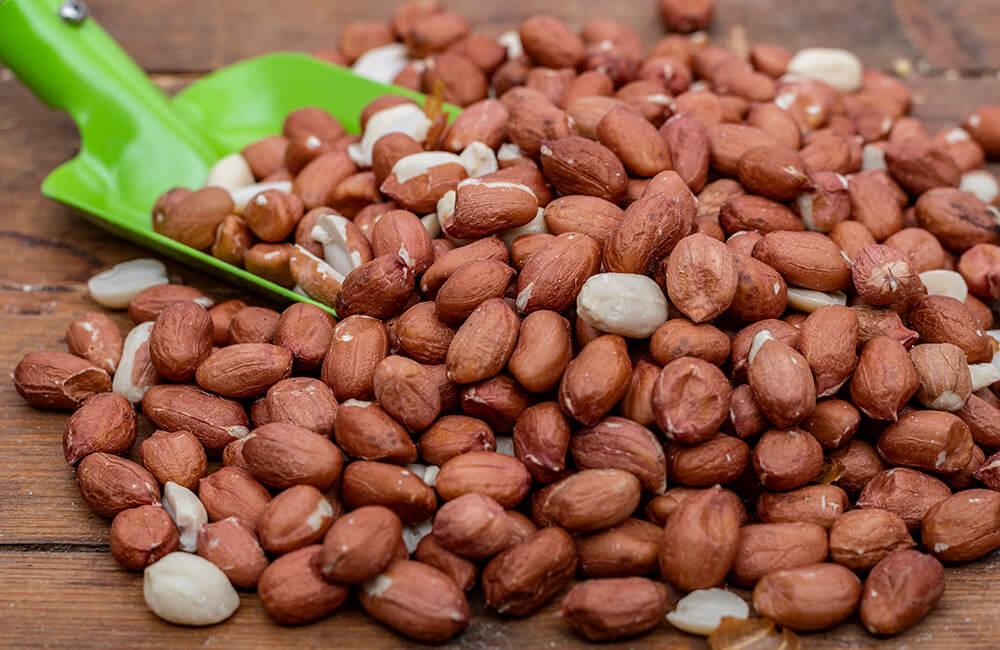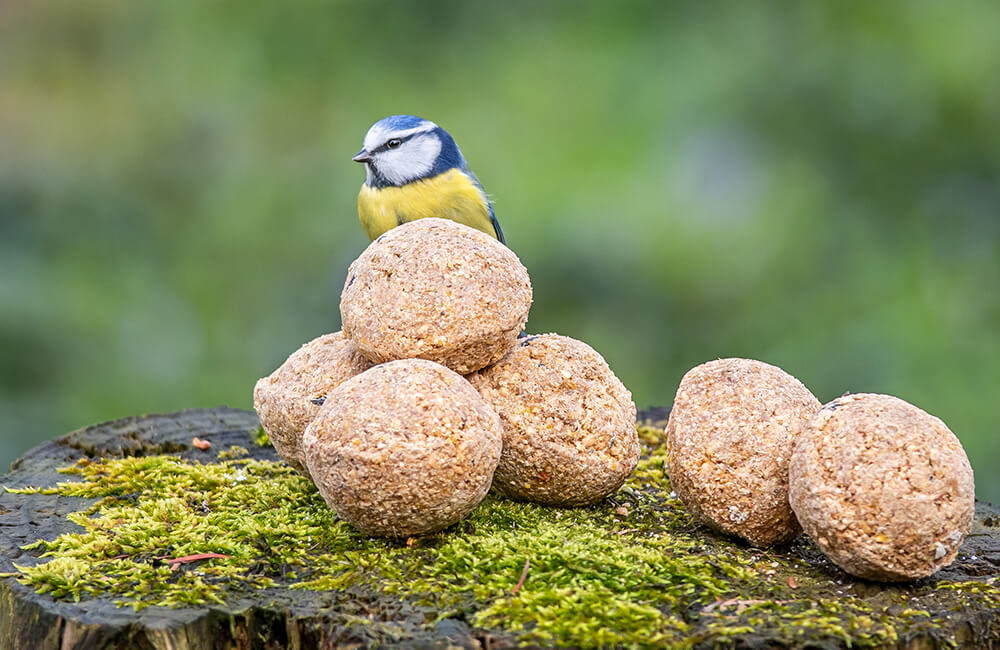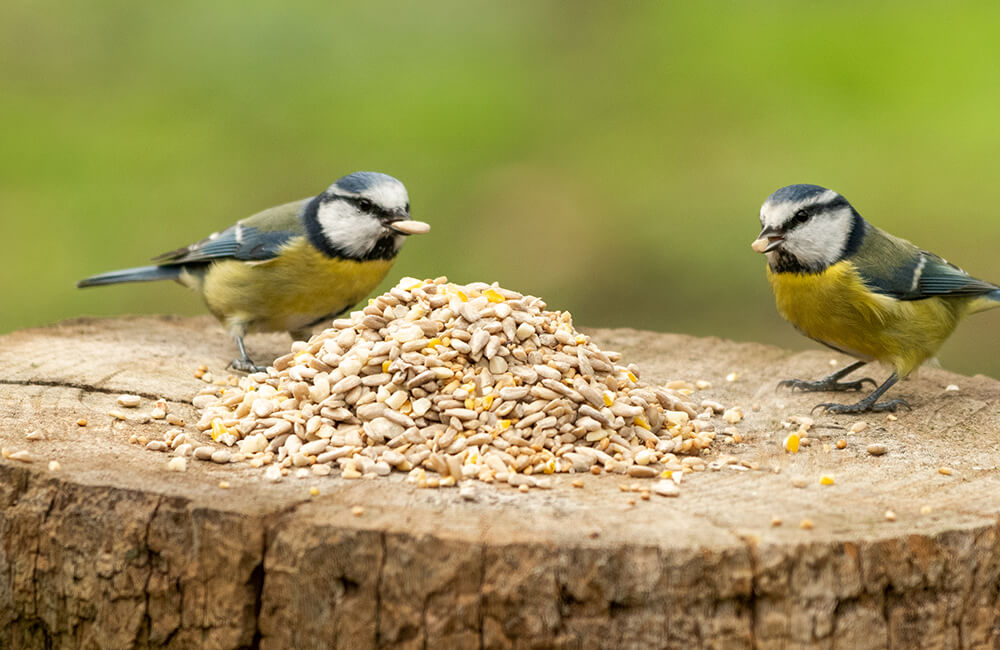Bird feeders are a valuable support for wild birds, especially during colder months when natural food sources are scarce. However, not all food is suitable for every bird species. Here, you’ll learn what to put in your bird feeder to attract and nourish a variety of birds in a safe and appropriate way.
Why is choosing the right food important?
Different bird species have unique dietary needs depending on the season. Providing the right food helps them stay healthy and prepare for breeding or winter. Choosing the correct food also prevents waste and ensures that birds receive the best possible nutrition without harmful ingredients.
What food is suitable for a bird feeder?
3. Mealworms
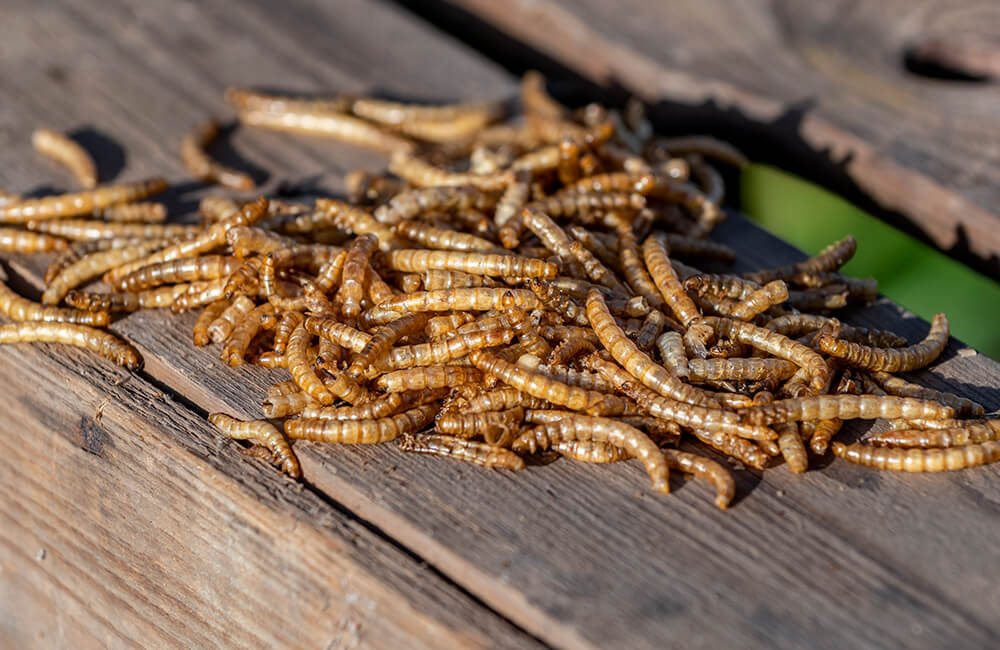

- Suitable for: Robins, blackbirds, wrens, tits
- Benefits: High in protein, especially valuable during the breeding season
- Tip: Offer dried or live mealworms for variety
4. Oats


- Suitable for: Blackbirds, robins, thrushes
- Benefits: Easily digestible, good energy source
- Tip: Mix with plant-based fat to prevent them from being blown away
What food should be avoided?
Not all human food is safe for birds. Avoid the following:
|
Unsuitable Food |
Why It’s Problematic |
|
Salted peanuts |
Salt is toxic to birds |
|
Bread and pastries |
Swells in the stomach, lacks nutrients |
|
Spiced or sweetened foods |
Can cause digestive problems |
|
Dairy products |
Birds cannot digest lactose |
|
Raw rice |
Can be difficult to digest |
When and how often should you feed birds?
Birds benefit from additional food year-round, but especially:
- In winter: High-energy food helps them survive the cold months
- In spring: Protein-rich food like mealworms supports the breeding season
- In summer: Water and soft food are essential for young birds
- In autumn: Fat and seed mixes help birds prepare for winter
Regularly refilling your bird feeder ensures that birds recognize it as a reliable food source.
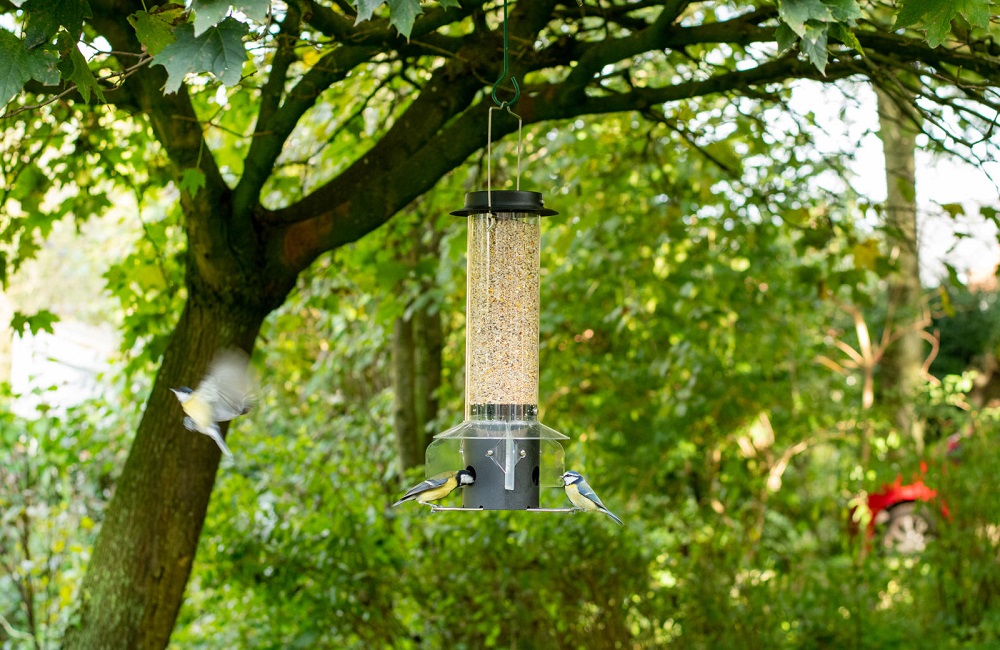

Choosing the right food is essential for feeding birds in a safe and species-appropriate way. Sunflower seeds, peanuts, mealworms, and seed mixes provide excellent nutrition for many bird species. Avoid unsuitable foods like bread or salted nuts to prevent harm. By offering a varied and high-quality food supply, you can effectively support wild birds and help them thrive.

